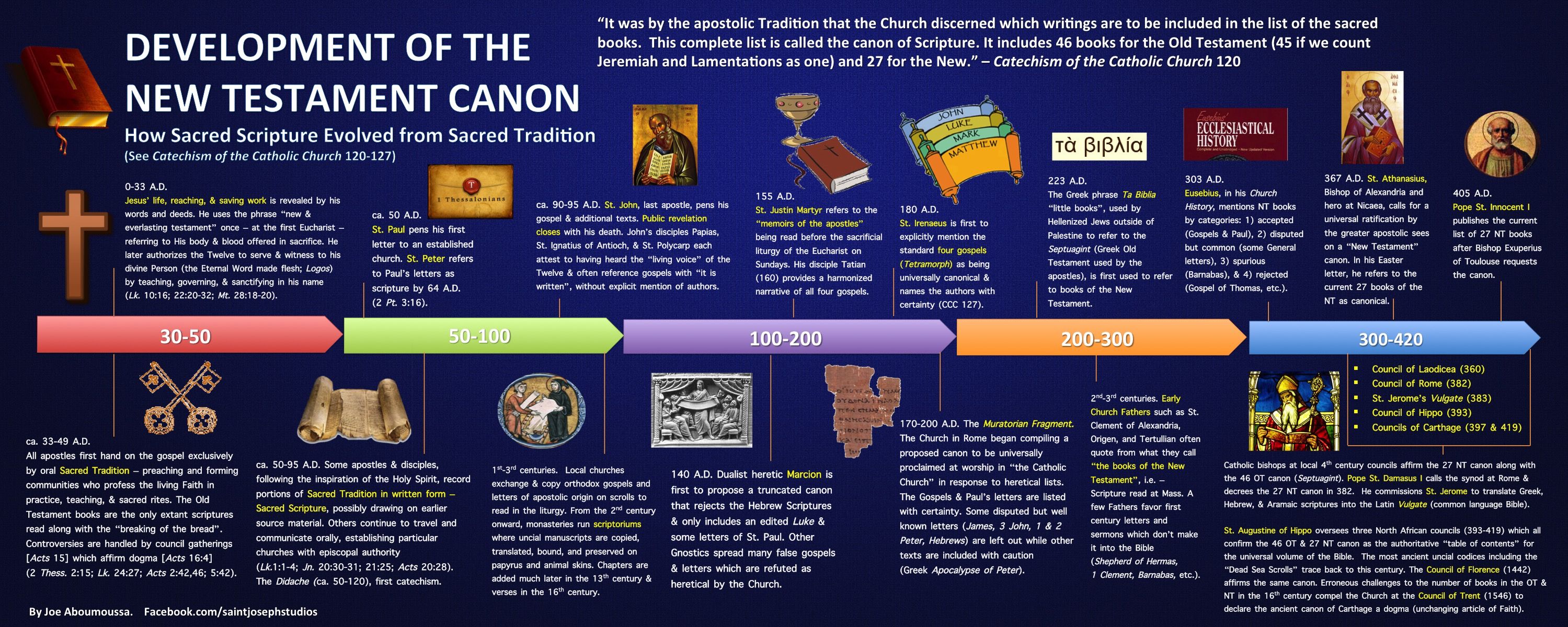Actually, it's a bit more complicated than that as far as St. Athanasius of Alexandria goes,
@Skwim. He doesn't claim to be putting forth a universal NT canon for
all Christian churches; he only put out a list of NT books that the Egyptian church should hold to.
Additionally, the Book of Revelation wasn't formally accepted into the Byzantine canon of the New Testament until the 500's, after our lectionary of Bible readings for the liturgical year had already been written.
I find it odd how people always assume that a divinely inspired Biblical canon should come out in a neat and tidy process. I think it comes from people who have a naive view of God and especially of history. Rather than being manufactured, the New Testament canon was a result of organic development within the life of the Church. It is the Church that formed the New Testament, and not the other way around. The New Testament is a written expression of the Tradition given by Christ to the Apostles, and by the Apostles to us. It isn't the Qur'an, and Protestants are wrong to treat it as such. We are Christians, and our religion is not based on a book as Islam is.



